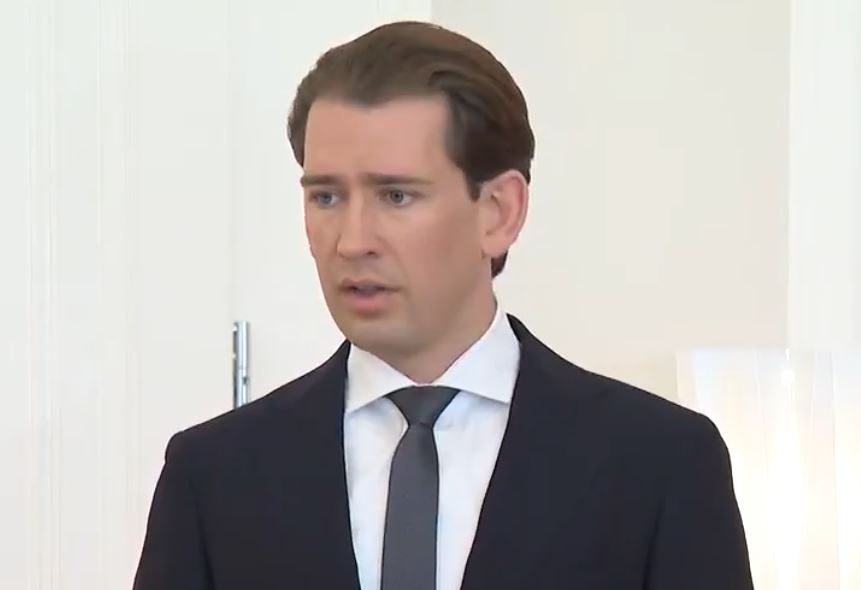Sebastian Kurz, the former Chancellor of Austria, has ventured into the world of energy, specifically hydrogen, with his involvement in Masdar’s European subsidiary.
Despite facing accusations of corruption and bribery, Kurz’s ties to the United Arab Emirates (UAE) have deepened post his political career. His involvement with Masdar’s Dutch subsidiary raises questions about the intersection of politics and business, particularly in the burgeoning hydrogen market.
Masdar, a state-owned energy company based in Abu Dhabi, has positioned itself as a major player in renewable energy investments globally. With Kurz on board, Masdar aims to leverage European markets, especially in the context of the hydrogen economy.
Kurz’s strategic alliance between Austria and the UAE for hydrogen production sets the backdrop for his entry into Masdar’s fold. The timing of Kurz’s appointment, following the signing of a memorandum of understanding between Austria and the UAE, underscores potential synergies between political initiatives and corporate interests.
Masdar’s use of Dutch cooperatives for tax efficiency adds another layer of complexity to Kurz’s involvement. The intricate financial arrangements, coupled with the lack of transparency, raise concerns about the integrity of such ventures and their alignment with broader policy objectives.
Kurz’s public praise for the UAE’s renewable energy efforts, juxtaposed with his business dealings, underscores the delicate balance between diplomacy and commerce. His transition from politics to the private sector blurs the lines between public service and personal gain.
Sebastian Kurz’s foray into Masdar’s European subsidiary reflects the evolving landscape of energy geopolitics and the growing significance of hydrogen as a key enabler of the transition to clean energy. However, his journey raises pertinent questions about the intersection of political influence, corporate interests, and transparency in the energy sector.
